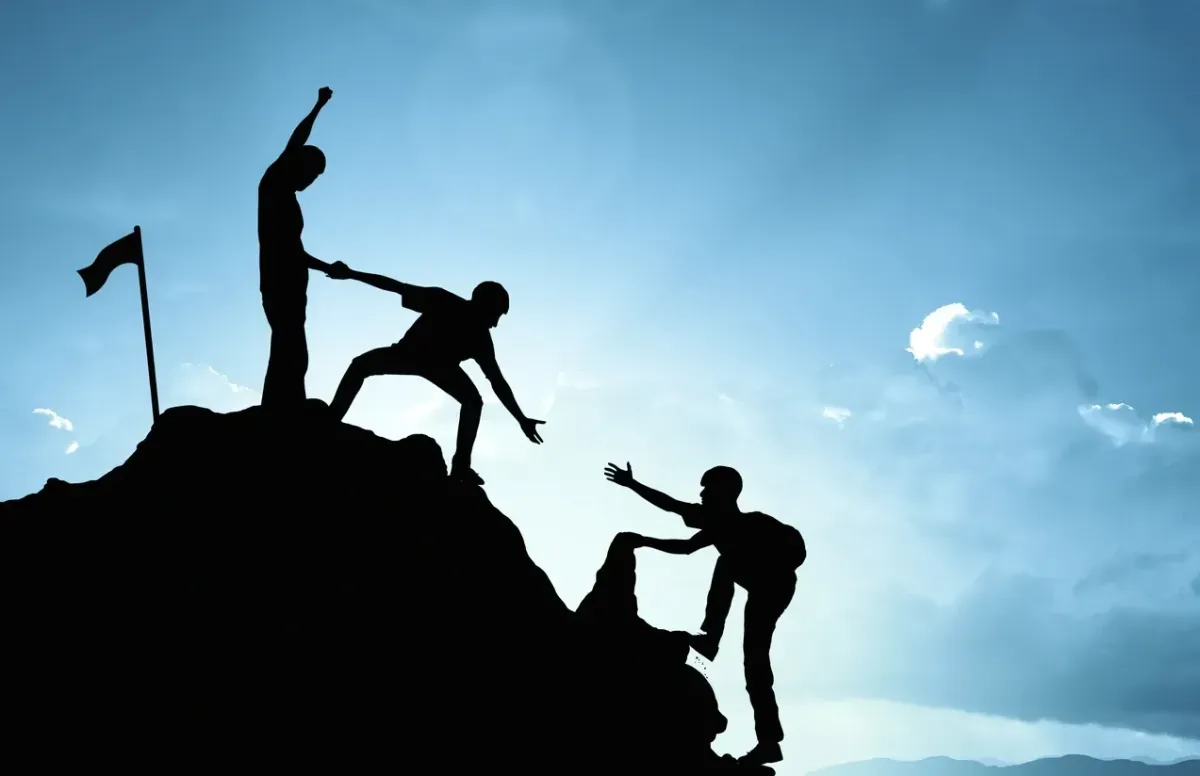
Why Maslow's Pyramid Crumbles in Modern Leadership
The Problem with the Famous Pyramid
For decades, Maslow’s "Hierarchy of Needs" has been the go-to framework for understanding human motivation. The appeal for Maslow's pyramid is clear: it’s simple, visual, and seems to make intuitive sense. According to Maslow, people must fulfill basic needs (like food, safety, and belonging) before they can reach higher aspirations like achievement and self-actualization.
But what if this model—revered in business schools and boardrooms alike—is holding us back? What if it’s not just incomplete, but fundamentally flawed for today’s leaders?
Today's World Doesn’t Fit the Pyramid
Let’s be honest: the modern workplace is anything but linear. In my work with CEOs, COOs, and leaders across the globe, I’ve seen people pursue meaning, innovation, and growth even when their “lower” needs aren’t fully met. Think of the entrepreneur who risks everything for a vision, or the frontline healthcare worker who finds purpose in crisis, not comfort.
Research backs this up. Psychologists like Wahba & Bridwell (1976) and cross-cultural studies have repeatedly challenged Maslow’s claim that needs must be satisfied in strict order. What really made me think about this was several years ago reading about Viktor Frankl, a Holocaust survivor and psychiatrist, famously found profound meaning in the harshest conditions—conditions where Maslow’s lower needs were anything but secure.
Why This Matters for Inspired Leaders
If you’re still relying on Maslow’s pyramid to guide your leadership, you may be missing evolved drivers of engagement and performance. Gallup’s research shows that global employee engagement has stagnated for over 20 years, despite endless attempts to “meet basic needs” with perks and pay raises. While companies seek the silver bullet in engaging workers with perks and flexibility, their missing the target completely. The problem isn’t a lack of benefits—it’s a lack of alignment with what truly motivates people today.
Here’s the reality:
Motivation is fluid, not fixed. People are capable of striving for growth, purpose, and even transcendence in the midst of uncertainty. Anyone who's put risk ahead of reward in starting a new business (or working for a startup) knows this to be true.
Culture and context matter. What motivates a team in Arizona may differ from a team in Tokyo or Berlin. Even within large, enterprise organizations, multiple cultures and subcultures can impact individual motivation.
Meaning trumps comfort. When people see their work as purposeful, they can endure, and even thrive, through adversity. When I wrote The Rudolph Factor with the Boeing C-17 team, I was inspired listening to team members describe their work as supporting C-17 humanitarian efforts or ensuring US Troops could safely get to their destination. They could clearly articulate their individual impact to the organization's.
Toward a New Mindset: The Fluid Motives Ecosystem
It’s time to rethink the pyramid. In the next post, I’ll introduce a new way of thinking about motivation—one that recognizes the dynamic, interconnected, and deeply personal nature of what drives us. This approach isn’t just more accurate; it’s more actionable for leaders who want to create cultures of shared accountability, innovation, and sustainable growth.
What’s Next?
In Part 2, I’ll define what I call the Crisis Catalyst™—and show how reframing disruption can unlock extraordinary motivation and performance in your organization.
Are you ready to leave the pyramid behind?
